Home inspectors should be investing time to inspect your roof!
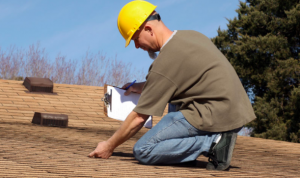 Roof inspections are an essential part of a complete home assessment. What makes the roof so important is its place in the house and its function. Roofs provide the physical barrier to any house and in an event of it being compromised the entire structure of the house is put into jeopardy. This, along with a couple of other reasons, makes regular roof inspection so important.
Roof inspections are an essential part of a complete home assessment. What makes the roof so important is its place in the house and its function. Roofs provide the physical barrier to any house and in an event of it being compromised the entire structure of the house is put into jeopardy. This, along with a couple of other reasons, makes regular roof inspection so important.
Find out why roof inspections matter by reading the full post!
#1: It’s comparatively cost-effective
Once the damage has been done, there’s no running away. You’ll need to bring in a team of professionals to make repairs or even a full replacement or else your entire house will suffer. To avoid the untoward process of big repairs and the massive costs that come with roof replacements, it’s best to schedule timely roof inspections. A roof inspection will help you pinpoint exactly what the problem is and help you make the repair promptly. Chances are by this time the repairs needed won’t be as costly as they would have been if left unattended.
#2: It ensures all the roof elements are functioning properly
A roof inspection won’t merely check the status of the shingles of your roof or the flashing it will also point out any issues with the chimney, the skylight or other similar functioning roof elements. To make sure all of these are functioning to their optimum capacity, a thorough roof assessment can help you immensely.
#3: It helps you make future roof plans
Regular roof inspections will help estimate the tentative time you have left with your roof. For most roofs, it’s about 15 to 20 years but a professional estimate will help you make proactive arrangements and plan ahead. If your roof needs to be replaced in a few months, a roof inspection will give you enough time to plan your finances and the company you want to hire.
The most popular time of the year for roof inspections is the fall and winter season but it’s always good to have one scheduled in the spring season (before the rainy days) as well!
Make sure you hire a certified Des Moines home inspectorthat will thoroughly do this work. Please consider Rightway Home Inspections for your next project!!!
Great video breaking down the details of a thorough roof inspection!!!

 The bedroom is a place that is synonymous with peace and relaxation. Any structural defect or potential health hazard in this humble abode can be hellish. Unfortunately, there are a bunch of common bedroom defects that a good
The bedroom is a place that is synonymous with peace and relaxation. Any structural defect or potential health hazard in this humble abode can be hellish. Unfortunately, there are a bunch of common bedroom defects that a good 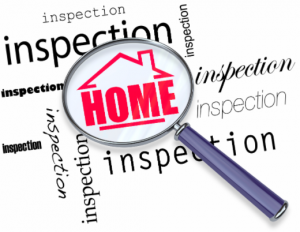 Many people tend to intermix home inspectors and building inspectors assuming that both of these professions essentially mean the same thing. But home inspectors have a quite different job compared to a building inspector. So the next time you need a home inspection done, make sure you know you’re hiring the right person for the job!
Many people tend to intermix home inspectors and building inspectors assuming that both of these professions essentially mean the same thing. But home inspectors have a quite different job compared to a building inspector. So the next time you need a home inspection done, make sure you know you’re hiring the right person for the job!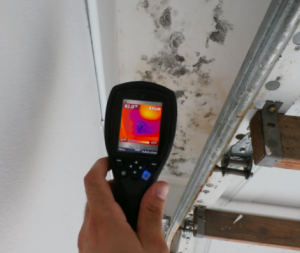 Have you ever experienced strange symptoms of a flu or cough with an unexplained reason? It could be the mold growing in your bathroom. Mold and mildew are notorious for causing nasal stuffiness, coughing, wheezing, watery eyes and skin irritation in people who are sensitive to it. If you or a family member are in the list, it’s best to schedule a mold inspection as soon as possible before the mold gets out of hand.
Have you ever experienced strange symptoms of a flu or cough with an unexplained reason? It could be the mold growing in your bathroom. Mold and mildew are notorious for causing nasal stuffiness, coughing, wheezing, watery eyes and skin irritation in people who are sensitive to it. If you or a family member are in the list, it’s best to schedule a mold inspection as soon as possible before the mold gets out of hand.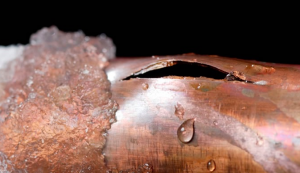 The months of winter come with ridiculously low temperatures in some areas and when this temperature drops below the freezing point of water, it could become a house crisis for homeowners. Exposed water pipes are liable to freeze in cold nights of winter and this can include water flow, or worse, damage the pipe itself.
The months of winter come with ridiculously low temperatures in some areas and when this temperature drops below the freezing point of water, it could become a house crisis for homeowners. Exposed water pipes are liable to freeze in cold nights of winter and this can include water flow, or worse, damage the pipe itself.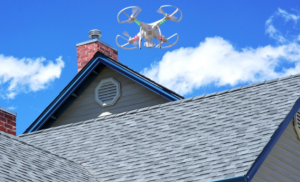 Drones have taken the tech world by storm over the past few years and we’re not complaining. When it comes to capturing spectacular aerial views, these little flying robots can do wonders. While drones may be a videographer’s best friend, can the same be said for a home inspection team? These days, some companies make use of drones to investigate and inspect homes, skipping all the manual exertion involved. But with the ease comes the cons. Learn why drones might not be the best option or why they might be when you’re hiring a home inspection company for your house!
Drones have taken the tech world by storm over the past few years and we’re not complaining. When it comes to capturing spectacular aerial views, these little flying robots can do wonders. While drones may be a videographer’s best friend, can the same be said for a home inspection team? These days, some companies make use of drones to investigate and inspect homes, skipping all the manual exertion involved. But with the ease comes the cons. Learn why drones might not be the best option or why they might be when you’re hiring a home inspection company for your house!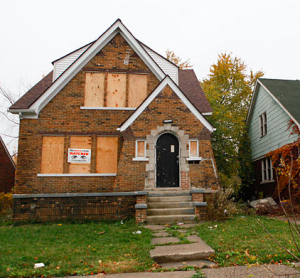 Abandoned and vacant market hit the property market occasionally. While the frequency of these homes in the real estate business isn’t as high as homes that have people living in it with well-maintained rooms, furniture and walls, they still exist in the marketplace.
Abandoned and vacant market hit the property market occasionally. While the frequency of these homes in the real estate business isn’t as high as homes that have people living in it with well-maintained rooms, furniture and walls, they still exist in the marketplace.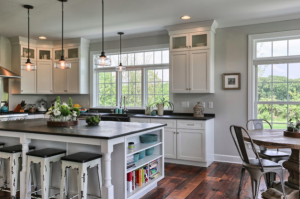 Kitchens are one of the key rooms in a house and naturally, one of the most used one as well. Building a kitchen requires expertise but despite the perfectionism you want to achieve, there’s always a chance of something lacking. Here are the top things home inspectors find wrong in the kitchen!
Kitchens are one of the key rooms in a house and naturally, one of the most used one as well. Building a kitchen requires expertise but despite the perfectionism you want to achieve, there’s always a chance of something lacking. Here are the top things home inspectors find wrong in the kitchen!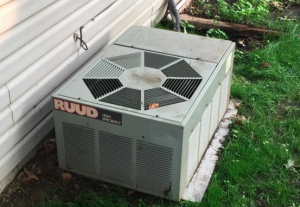 There’s not a high chance you’ll find old air conditioners being replaced but if you’re a responsible homeowner, you’d know how important replacing old air conditioners is. Upon home inspection, the home inspector will tell you how long the air conditioner will last and how soon you need to replace it. Not sure why we insist on getting your air conditioner inspected and possibly replaced, check out these important reasons below!
There’s not a high chance you’ll find old air conditioners being replaced but if you’re a responsible homeowner, you’d know how important replacing old air conditioners is. Upon home inspection, the home inspector will tell you how long the air conditioner will last and how soon you need to replace it. Not sure why we insist on getting your air conditioner inspected and possibly replaced, check out these important reasons below!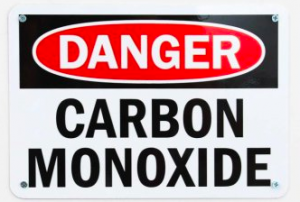 Carbon monoxide poisoning has fatal outcomes and is considered a silent killer. Unfortunately, it is also one of the most popular methods of committing suicide. This hazardous gas is produced due to incomplete combustion of any gas source. This could be your fireplace, the heater, the charcoal grill or practically any gas outlet. In spacious, well-ventilated areas, carbon monoxide build up rarely occurs but when there is a lack of air and space, carbon monoxide can be life-threatening.
Carbon monoxide poisoning has fatal outcomes and is considered a silent killer. Unfortunately, it is also one of the most popular methods of committing suicide. This hazardous gas is produced due to incomplete combustion of any gas source. This could be your fireplace, the heater, the charcoal grill or practically any gas outlet. In spacious, well-ventilated areas, carbon monoxide build up rarely occurs but when there is a lack of air and space, carbon monoxide can be life-threatening.